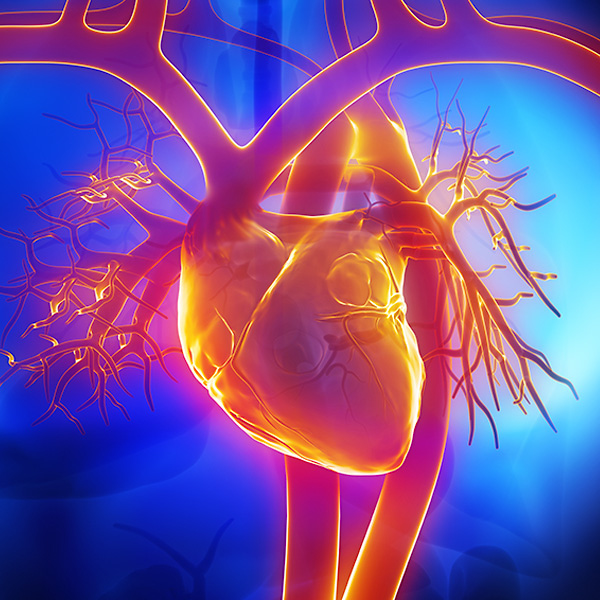Marfan Syndrome
World-Class Experts in the Diagnosis and Treatment of Marfan Syndrome
Marfan syndrome is one of the many genetic disorders diagnosed and treated by the highly skilled specialists at Loyola Medicine. Affecting the connective tissue throughout the body, Marfan syndrome can impact the body’s growth and development.
Your connective tissue is made up of proteins. The protein impacting Marfan syndrome is fibrillin-1. If the gene that tells your body how to make fibrillin-1 has a genetic defect, your body will increase production of a protein called transforming growth factor beta, resulting in problems with the connective tissue throughout your body.
Marfan syndrome most commonly affects your heart, eyes, blood vessels and skeleton, resulting in complications such as vasculitis (weakened blood vessels), ectopia lentis (lens dislocation), detached retina or retinal tear and aortic damage.
The most dangerous complication of Marfan syndrome is changes to your heart. The aorta, the main artery that carries blood from your heart to the rest of your body, weakens and stretches, causing an increased risk of aortic dissection or aortic aneurysm, which can be fatal. Additionally, the valves in the heart can stretch causing blood to leak backward, which may result in increased work load on your heart and possible heart failure.
Why Choose Loyola for Marfan Syndrome Treatment?
As a major medical center, Loyola offers patients access to world-class physicians and clinical trials that are not often available elsewhere.
How is Marfan Syndrome Diagnosed?
Loyola’s multidisciplinary team of doctors, including vascular and valve specialists, approach the diagnosis and treatment of Marfan syndrome with great detail and care. In addition to a complete physical exam and family medical history your doctor may perform the following tests:
- CT scan (computed tomography)
- DNA testing
- Echocardiogram
- MRI (magnetic resonance imaging)
- Tonometry (eye pressure test)
- Transesophageal echocardiogram
- Vascular tests
How is Marfan Syndrome Treated?
The severity of complications of Marfan syndrome varies greatly from patient to patient. While there is no known cure for the condition, advances in medicine enable doctors to control your complications from the disease and prolong your life. Treatment may include:
- Medication to control blood pressure
- Surgical valve treatments
- Transcatheter aortic valve implantation
- Valve-sparing aortic root replacement

Request an Appointment
Loyola Medicine heart and vascular specialists have the experience and technology to treat the most difficult cardiac and vascular conditions. Schedule an appointment today.
Schedule a Telehealth Appointment
